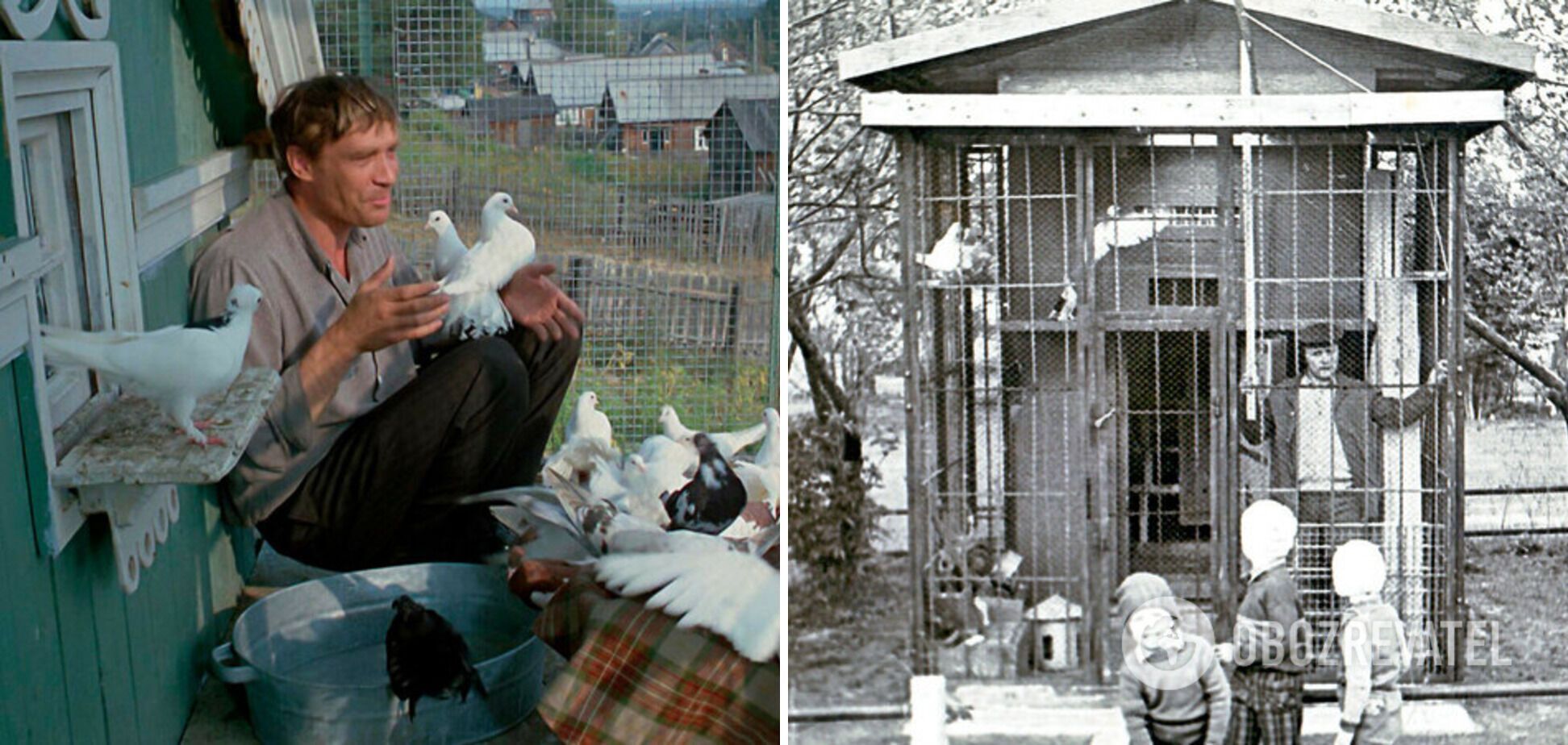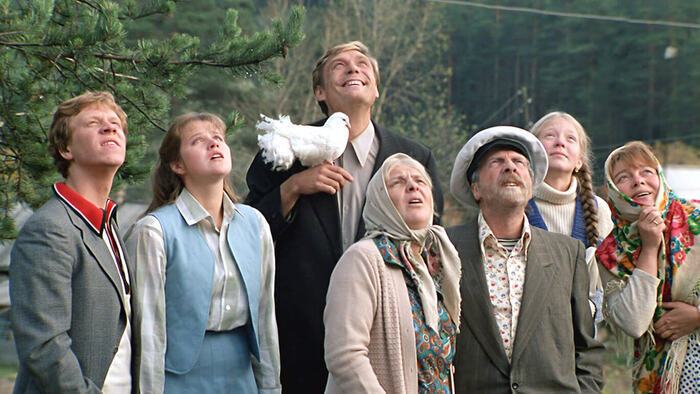News
They were in almost every yard: why pigeons were massively bred in the USSR
In the Soviet Union, people had few activities through which they could fulfill themselves and relax. In addition, they were usually either quite similar, such as stamp collecting, or too exotic by modern standards.
In the USSR, pigeon breeding was a common phenomenon. OBOZ.UA tells why people used to breed birds en masse.
These birds began to be bred back in the days of Catherine the Great. Back then, they mostly played the role of postmen, but during the revolution, almost all of them were caught and eaten.
In 1925, the Soviet government resumed pigeon breeding, but not for long. In 1941, they were destroyed again so that they could not be intercepted by German soldiers.
A real pigeon revolution
In 1957, the VI International Festival of Youth and Students was to be held in Moscow. This event opened the so-called Iron Curtain for the first time. The symbol of the festival was a dove of peace, so during the ceremony, these birds were supposed to be released into the sky as a sign of friendship and solidarity.
However, after the Second World War, there were very few doves left, so literally everyone was involved in breeding them.
There were pigeon houses on the roofs above the workshops of factories, in schools, in courtyards, and even on the balconies of Khrushchev buildings. Some workers were even relieved of their duties so that they could keep an eye on the birds.
There was even a Pigeon Sports Society in which pigeons participated in flight speed competitions.
Eventually, the goal was achieved. During the festival, 34,000 pigeons took to the sky, but people were so fond of breeding birds that they continued to do so.
Pigeons as a hobby
Soviet people not only bred pigeons but also exchanged them, sold them, etc. Of course, this was not a way to make money. They did it solely for pleasure.
This hobby was considered an exclusively male activity. Men would gather in pigeon houses, drink alcohol, and discuss their affairs in a relaxed manner.
However, pigeon breeding never gained the reputation of a brutal male pastime. Gradually, it began to be perceived as an oddity. That's when the movie Love and Pigeons appeared on the screens, illustrating this phenomenon.
Oddly enough, with the collapse of the Soviet Union, the obsession with pigeons finally ended. Pigeon houses were demolished, because people had many more interests, concerns, and opportunities.
Subscribe to OBOZ.UA channels on Telegram and Viber to keep up with the latest events.





























